 Mmmm. Look at all that cheese. The above photo (and others within this posting) were taken in the best shop in Montreuil-sur-Mer - a rather attractive walled town that is in fact not 'sur mer' at all, but in fact an hour from Calais, half an hour inland from Le Touquet. I visit often for work and 'Chez Caseus' is superb - you can smell the wares before you even enter the shop and once in I challenge anyone to walk away empty handed. Even if they don't like cheese (are there people who don't like cheese?).
Mmmm. Look at all that cheese. The above photo (and others within this posting) were taken in the best shop in Montreuil-sur-Mer - a rather attractive walled town that is in fact not 'sur mer' at all, but in fact an hour from Calais, half an hour inland from Le Touquet. I visit often for work and 'Chez Caseus' is superb - you can smell the wares before you even enter the shop and once in I challenge anyone to walk away empty handed. Even if they don't like cheese (are there people who don't like cheese?).Anyway, the purpose of this entry is not to extol the virtues of M.Caseus (does anyone know how to do accents on this blogging thing? It is driving me mad), but in fact to talk a little about matching wine with cheese.
Long hailed as the ultimate match made in heaven, cheese and wine actually make trickier partners than you might imagine. Contrary to popular belief, big red wines are not necessarily good with cheese and it is often dry or sweet whites which make better partners.
Why is cheese tricky to match with wine? It is high in fat (sadly), often quite salty and often has a melting, mouth-coating texture. The problem with 'big' reds is that the saltiness does not mix well with the tannins - the combined taste is unpleasant, somewhat bitter.
A further problem (or 'challenge') is the issue of the cheeseboard. A wedge of cheddar, a spot of brie and a nice stinky blue for good measure. Mmm. Delicious. Perhaps some goats' cheese too? These cheeses are as different as... (trying to think of alternative to chalk and cheese...) salmon and beef - it is impossible to find one wine that will compliment all of these cheeses. Far better to choose just one or two spectacular cheeses from one 'family' (hard, soft, goat, blue) and then select a wine to match.

So, all very well, but what DOES go well with cheeses? A few general tips to start.
1. Hard cheeses are the easiest on wine - if you want to serve a special red, be kind and serve something like a mature Gouda or Comte cheese.
2. Soft, runny cheeses such as brie are the trickiest - you have been warned!
3. Blue cheeses are great with sweet wines.
4. Regional combinations are often the best.
Some delicious combinations -
Goats' Cheese and Sauvignon Blanc from the Loire - a regional combination that works brilliantly. The acidity in the wine mirrors that of the cheese as well as cutting through the mouth-coating, almost cloying consistency.
Roquefort and Sauternes - A heavenly contrast between the saltiness of the the cheese and unctious sweetness of the wine.
Munster and Alsace Gewurztraminer
Vacherin and Red Burgundy
Manchego and Fino Sherry
Other ideas to try -
Oloroso sherries with hard cheeses and sweet olorosos with blue cheeses
Port with Stilton
Oaked Chardonnay with a creamy Cheddar
Beaujolais with washed rind cheeses such as Epoisses (Beaujolais is one of the most cheese-friendly reds due to its youthful fruitiness and low tannins)
There are many more great partnerships and I plan to add to this list - I love to hear your favoured combinations too.

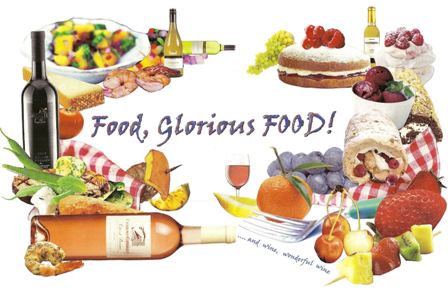


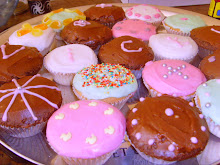
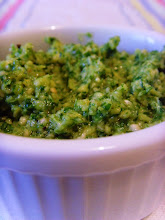
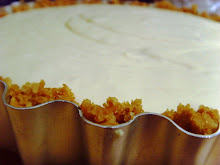
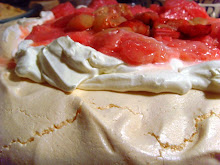
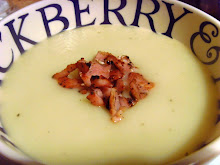










No comments:
Post a Comment